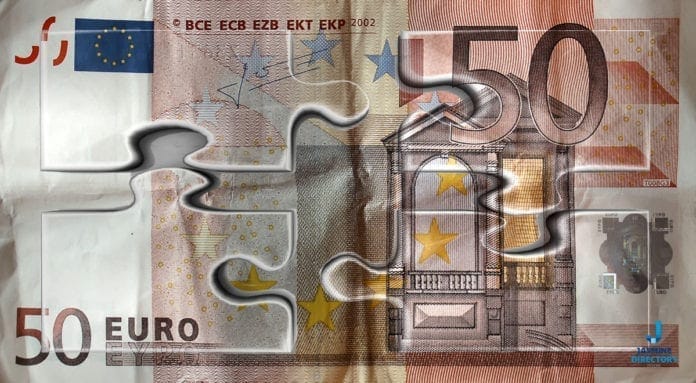Every day, social media websites are flooded with traffic. Competition is naturally increasing over time. And for businesses, getting noticed is critical if they are to maintain their ROI. In the frantic rush to get airtime, brands are trying all kinds of weird and wonderful techniques.

The flash mobs that shocked and excited us a few years ago already feel dated and stale; the race is on to come up with new, innovative techniques. But you need to be careful if you work in marketing: the game is changing, and your adience is ready to bite back.
Here are some campaigns that went for big viral impact but got it badly wrong.
1. Hyundai
Hyundai’s ad agency, Innocean, sought to highlight the car’s eco-friendly credentials with a daring advert. In the short film, a man is depicted attempting suicide but failing because of the lack of emissions from the vehicle. The video was described as ‘graphic’ by commentators.

The video hit the headlines world wide, but for all the wrong reasons, and the advertisement was swiftly withdrawn. The desire was presumably to shock – perhaps even amuse – and trigger viral sharing on sites like Facebook. But the audience and the media were left with a bad impression of the brand.
All in all, the Hyundai ad is a prime reason why companies hire corporate social responsibility officers to check their ethical stance.
2. Mountain Dew
PepsiCo, makers of Mountain Dew, also hoped to trigger a cascade of social shares with a video depicting a victim of domestic violence and various alleged abusers. In the line-up, there are several black men and a goat.
The concept was created by Tyler the Creator, a 22 year old Californian rapper that has earned himself a reputation for controversial outbursts on Twitter. Presumably PepsiCo wanted to align its Mountain Dew brand with the edgier side of social.

American author Dr Boyce Watkins branded the ad “the most racist in history. Needless to say, it was quickly withdrawn.
3. Femfresh
The Femfresh saga resulted in a slightly different outcome after a viral campaign went badly wrong. Like the others in our list, it was the result of a misguided attempt at humor.
In June 2012, Femfresh ran an ad campaign which was criticized for insulting women’s intelligence. The campaign was designed to a promote a range of feminine hygiene products, but its use of childish language was widely criticized.

Rather than pulling the campaign, Femfresh stuck to its guns. It also made the crucial mistake of neglecting its social media pages in the ensuing panic: a PR disaster, and a basic social media error. Rather than put things right, it simply closed its page and left 5,000 people waiting for an apology that never came.
The Way Forward
Rather than chasing likes, shares and comments, marketers must take their audience into account. The scattergun approach simply doesn’t work in a connected world where everyone has a voice to feed back. In other to keep your campaigns ethical, you need to consider the repercussions of trying to stand out from the crowd.
